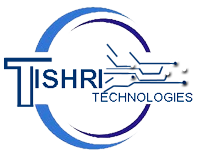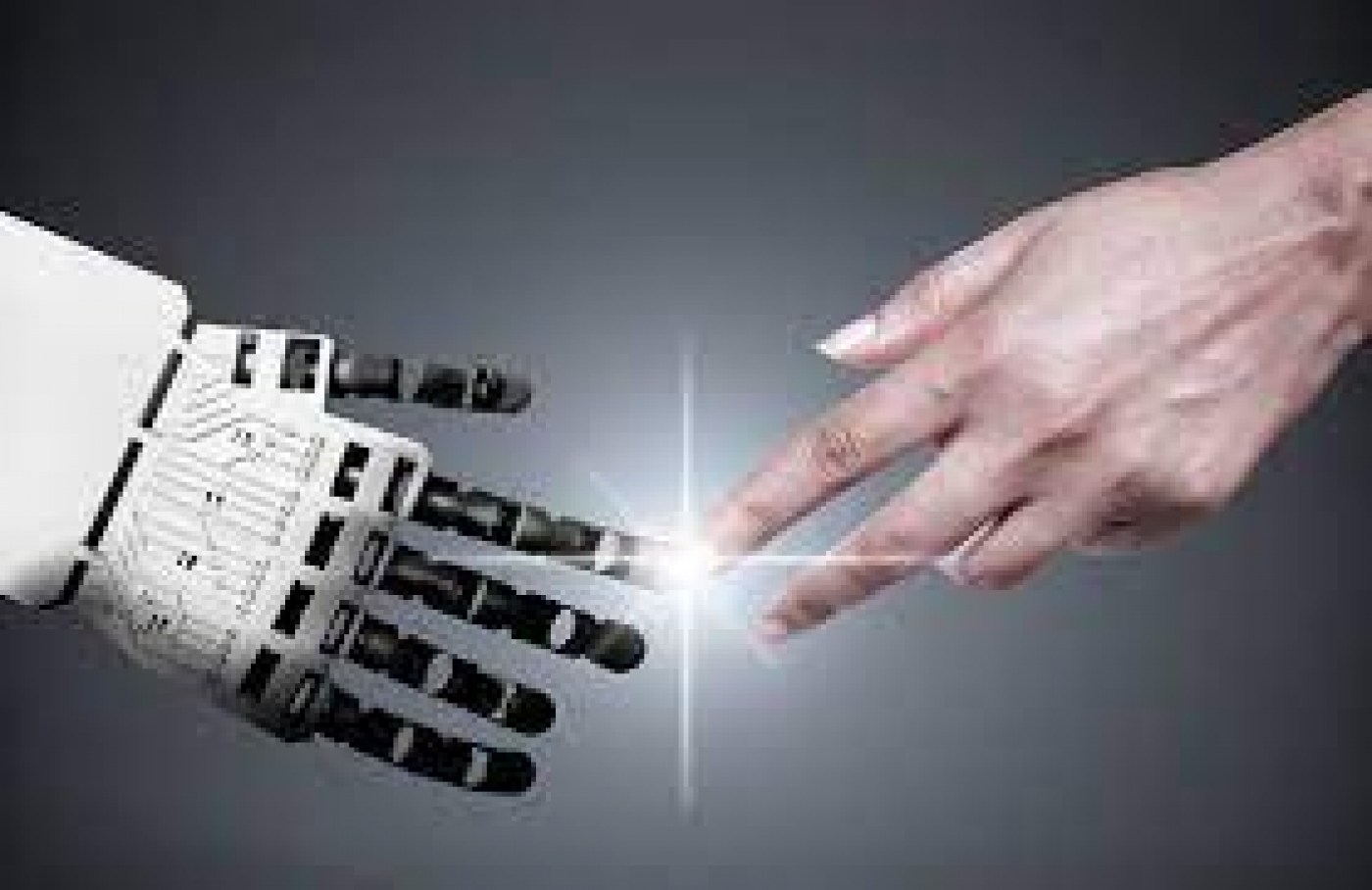For many organizations, then, the question remains: what can AI do right now, and what can we expect in the future?
Talking Intelligence
Perhaps AI’s biggest influence on the enterprise won’t be how it is re-architected or what new services and capabilities will emerge, but what changes are in store for the roles and responsibilities of the knowledge workforce.
Net Technologies CEO Abhishek Rungta told Forbes recently that we can expect AI to impact virtually every aspect of the workplace. Automation will be a big part of it, of course, but it’s not the only benefit. The more profound change will be the way in which AI alters how we interact with the data ecosystem.
Rather than spending our days typing and clicking our way through endless prompts and menus, AI will create a more conversational user interface – what some are already calling “ambient computing” – that will be available in the office, at home and everywhere in between.
We can expect to make major strides in this direction in the coming year, says Ryan Welsh, founder and CEO of natural language process (NLP) developer Kyndi. So far, AI has emerged as a mysterious other – something that will upend everything, but no one is sure exactly when or how. By the end of 2022, we should start seeing concrete examples of humans and AI working together to boost enterprise performance and create new opportunities.
A key enabling factor in this progression will be the creation of a centralized base of institutional knowledge that can be leveraged across a wide range of processes and subject domains. This should create tighter cohesion among business units in pursuit of key organizational goals.
Picture a world in which sales, product development, and customer support all pull together to address not just the needs of the majority of customers but, with AI-driven self-help tools and automated feedback loops, the concerns of individuals as well.
None of this will happen on its own, of course. In order to fully implement an AI-driven enterprise, executives from the top down must commit to its execution, but only in the context of a well-defined strategic plan that charts a realistic course based on AI’s demonstrated capabilities.
This version of “AI 2.0”, in the words of eWeek’s editorial staff, will evolve beyond the singular domain of the data scientist to a more democratized platform accessible by the entire workforce.
Along the way, we should also see AI itself evolve from a machine learning (ML) platform to a machine reasoning platform. By using a variety of modelling techniques, including semi-supervised and fully self-supervised, organizations should be able to push AI past simple automation to a more nuanced understanding of data and user interaction, ultimately arriving at a more precise understanding of behaviours and another phenomenon.
This is where we start to cross the line between human and artificial intelligence so that we can rely on machines to interpret more complex, and more critical, systems and environments.
The Right Place for AI Solutions
Despite this, however, it is fair to say that AI will not completely take over all aspects of the enterprise, at least not in the short term. Vijay Narayana, ServiceNow’s chief AI officer, argues that the only way to truly turbocharge operations is to put AI to work on the right set of problems.
At the moment, AI is poised to influence three key areas:
- Process automation.
- Assistive AI.
- Automation discovery.
Each of these applications is designed to lessen the burden on human operators so they can concentrate on higher-level tasks and boost productivity across the board.
In Forbes, Bernard Marr identifies 10 areas that are ripe for AI integrations. They include a wide range of departments, including sales and marketing, accounting and finance, and customer contact centres and customer experience.
It is easy to see where AI will soon become an integral part of doing business. In HR, for example, process automation can categorize incoming requests or incidents so they can then be taken up by an agent. In data centre management, an AI assistant can crunch volumes of log data coming from servers, networks, services and applications to maintain consistent operations.
Conclusion
AI will undoubtedly improve the state of enterprise functionality in a profound way, but unlike previous generations of technology, it is not simply a platform to be deployed and powered up. Instead, it represents a transitional approach to a more streamlined data ecosystem – part of the broader digital transformation that has been underway for several years.
But like any technology, you get out of AI what you put into it. This means the enterprise must mind not just the data that AI receives or the tasks it performs, but its overall position in the emerging digital architectures that will soon underpin both our personal and professional lives.
Source: Techopedia







